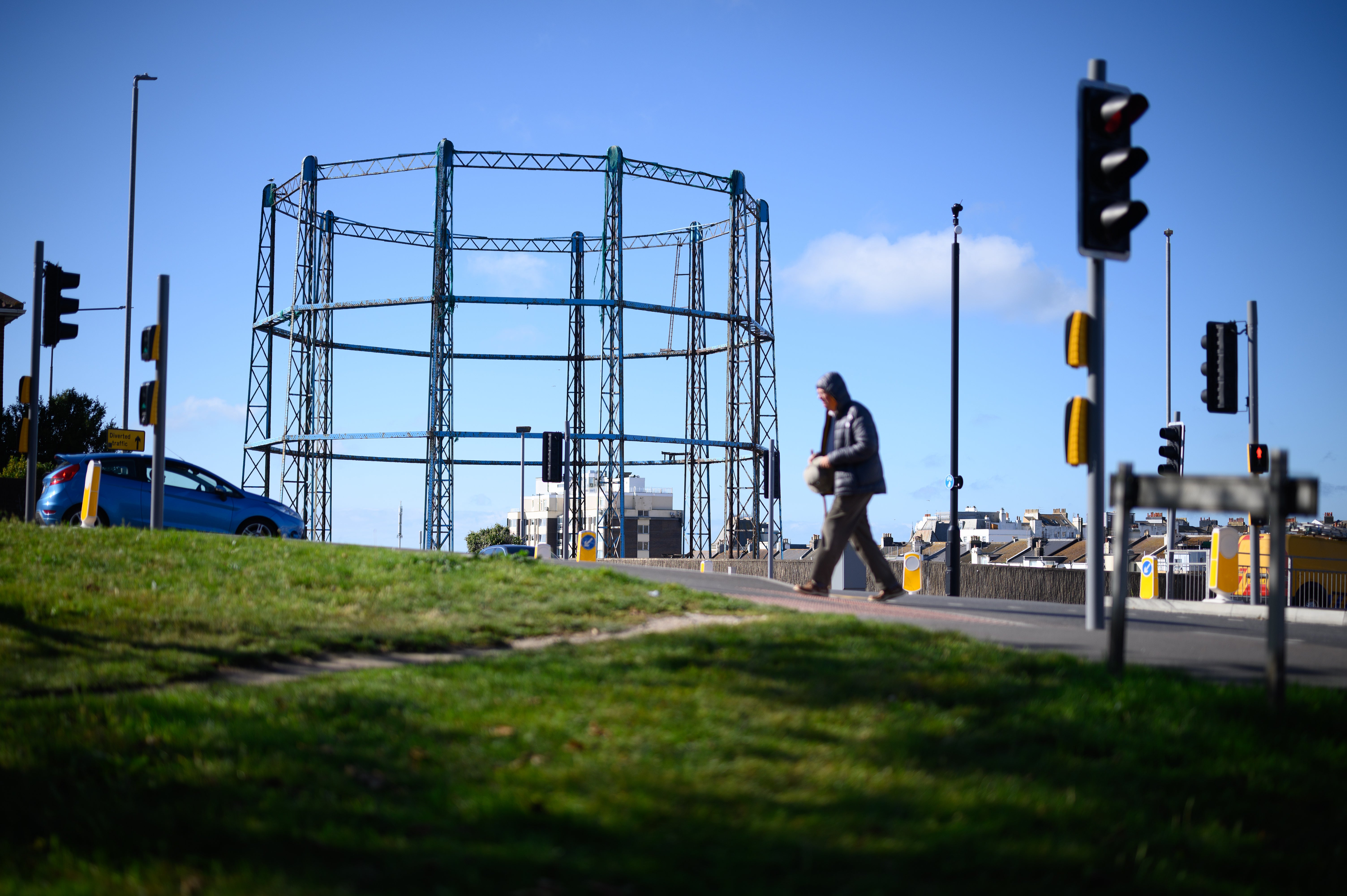Where does Britain get its gas from and why does Russia matter?
Wholesale prices surge to record high as demand rises
Your support helps us to tell the story
From reproductive rights to climate change to Big Tech, The Independent is on the ground when the story is developing. Whether it's investigating the financials of Elon Musk's pro-Trump PAC or producing our latest documentary, 'The A Word', which shines a light on the American women fighting for reproductive rights, we know how important it is to parse out the facts from the messaging.
At such a critical moment in US history, we need reporters on the ground. Your donation allows us to keep sending journalists to speak to both sides of the story.
The Independent is trusted by Americans across the entire political spectrum. And unlike many other quality news outlets, we choose not to lock Americans out of our reporting and analysis with paywalls. We believe quality journalism should be available to everyone, paid for by those who can afford it.
Your support makes all the difference.A major hike in global gas prices has sparked alarm in the UK about the stability of the country’s supply as the temperatures drop and winter demand kicks in.
National Grid Gas Transmission – the company that owns, manages, and operates the network – has said Britain will have a “positive supply margin”, meaning it can access more gas than is being used during peak demand.
But that has not stopped concerns being raised about possible shortages during the period between October and the end of March when the system is under the greatest strain.
In the UK, total gas demand for this winter is forecast by the National Grid to be marginally lower compared to the last five winters.
Wholesale gas prices surged to a record high on Wednesday, although they dropped back after Russian president Vladimir Putin said the country would stabilise the market.
So where does the UK get its gas from, and how important is Russia to the global supply chain?
Why are gas prices so high now?
There are a number of factors pushing up the price of gas. Chief among them is an uptick in demand as economies reopen after the worst effects of the Covid-19 pandemic begin to ease.
This is coupled with a particularly strong demand in Asia for Liquified Natural Gas (LNG) – the natural gas transported globally by ship – which has resulted in less LNG reaching Europe.
Extreme weather events in the US, plus a cold winter, have also adversely affected the supply.

Where does the UK source its gas from?
Gas from fields in the North Sea and Irish Sea provide around 40 per cent of the country’s gas supplies.
European imports make up a similar proportion. A direct pipeline across the North Sea from Norway to the UK is by far the single biggest source of imports from the continent. The Netherlands and Belgium also supply significant amounts of the UK's gas.
The remaining roughly 20 per cent comes in the form of Liquefied Natural Gas (LNG) shipped in from around the world. Qatar and the US are the largest suppliers of this.
Britain also has gas storage facilities that act as a source of system flexibility when there are short-term changes in supply and demand. However these amount to a fraction of the storage capacity of the UK’s European neighbours.
What role does Russia play?
Russian gas imports into the UK amount to around 5 per cent of the country’s total usage.
But Russia plays a much bigger role in the global gas supply chain as it provides European countries with a larger amount of gas.
The continent’s leading supplier, the Russian firm Gazprom, has been accused of not doing enough to increase supply and thereby tackle surging prices.
Comments by Mr Putin earlier this week have gone some way to calming the markets, after he suggested his country could sell more gas to European spot buyers – those buying to meet immediate requirements – via its domestic market in addition to through existing long-term contracts. And on Thursday, the Kremlin said Russia had the potential to boost natural gas supplies.
Spokesman Dmitry Peskov said existing gas transit routes allowed for bolstering supplies before the new Nord Stream 2 pipeline that is intended to bring Russian gas to Germany begins operating.

Join our commenting forum
Join thought-provoking conversations, follow other Independent readers and see their replies
Comments